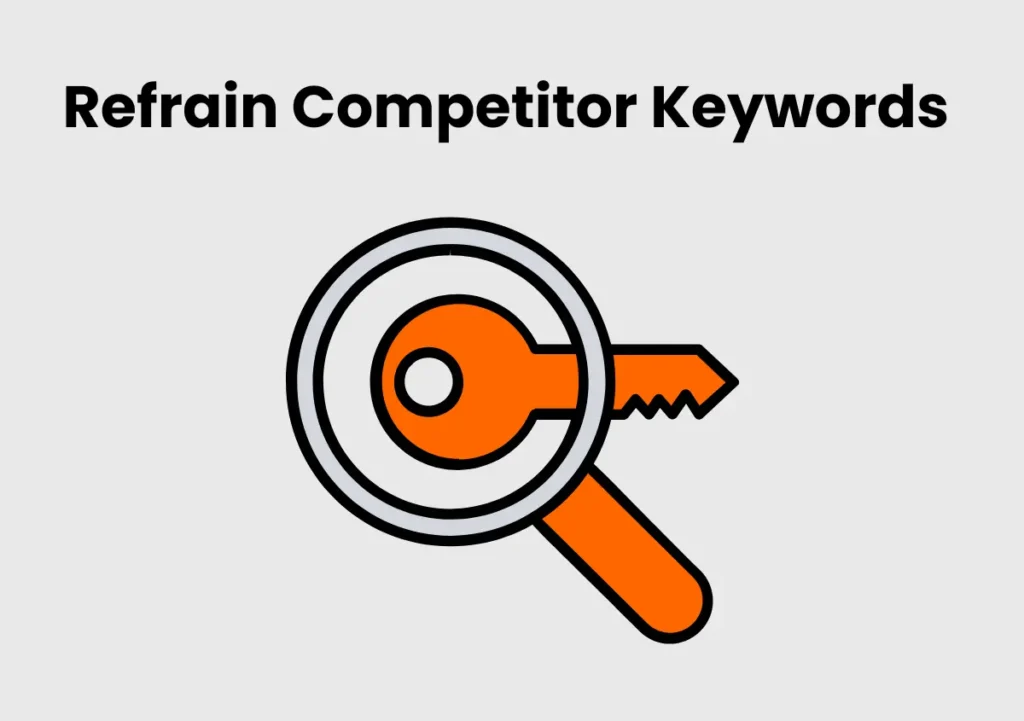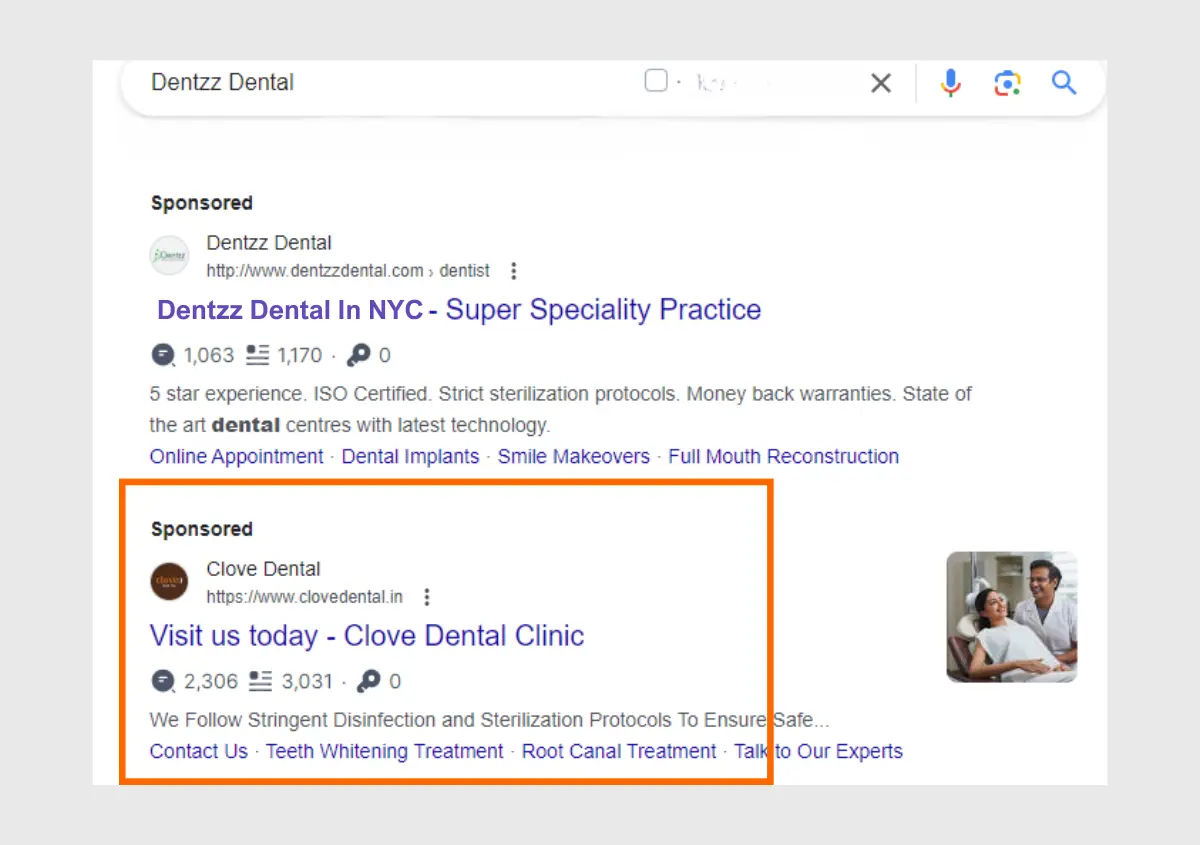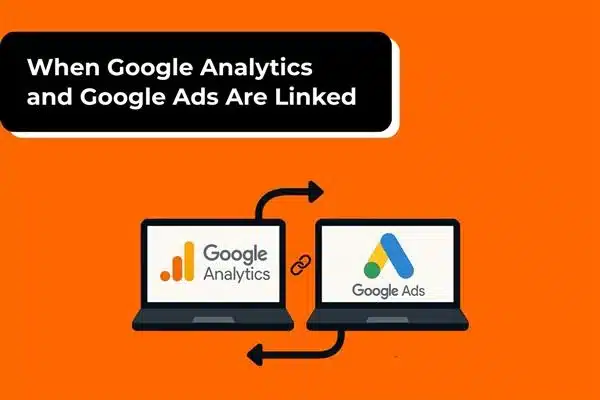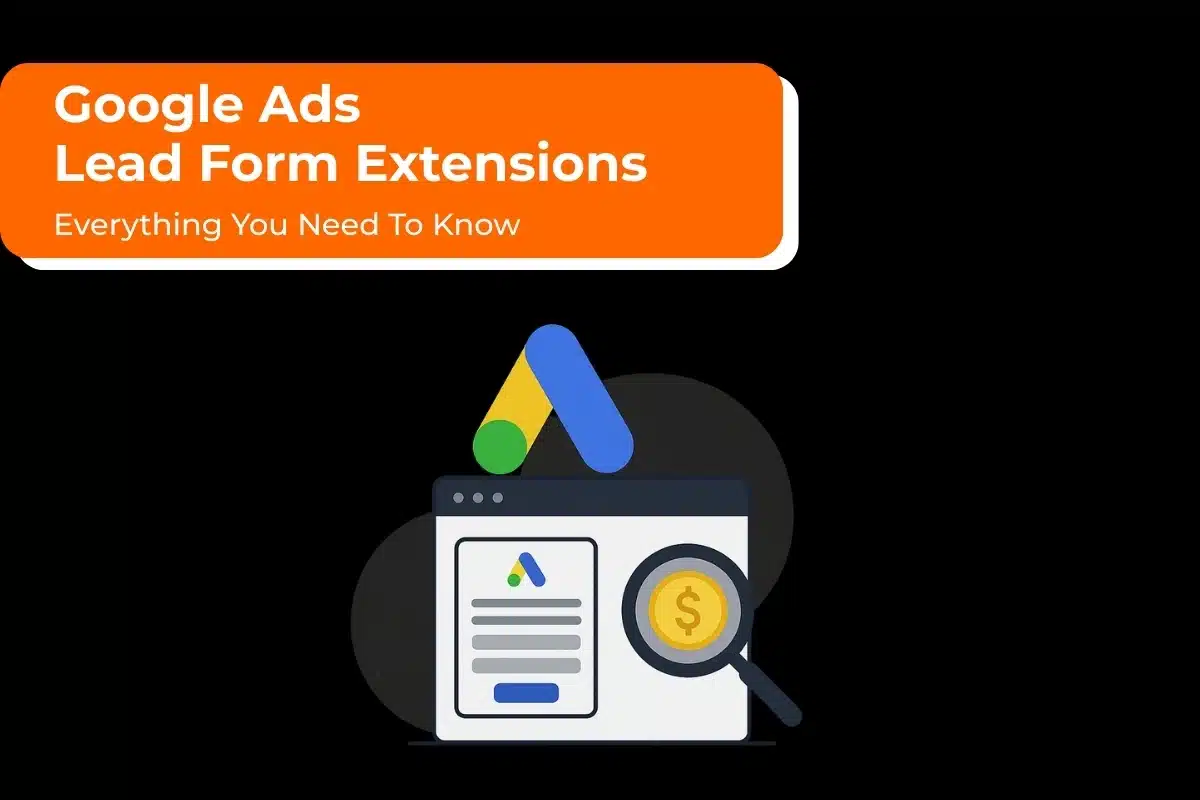The business landscape is getting increasingly competitive with time. In order to rank higher and get noticed on search engines, marketers use all kinds of tactics, some of which can lead to unwanted consequences if not followed properly. One of them is using competitors’ branded keywords in Google Ads. If not followed according to the guidelines laid by Google, this practice results in conflicts with competitors and potential loss of reputation.
Competitive keyword bidding is a process that requires being cautious. But in the end, it is permitted. So, if you are wondering, ‘Can I use competitor brand keywords in Google ads’ this article is for you. We’ll explain how to use branded keywords in your ad campaigns that protect your integrity and image.
Is Using Competitor Brand Keywords in Google Ads Possible?
Yes. You can use branded keywords belonging to your rivals in your ad campaigns. It is not against Google’s guidelines to use competitor brand names in campaigns in order to gain greater exposure. The only thing to take care of is that you do not infringe on trademarks. You cannot use the actual brand name of your competitor in any ad copy you make.
According to Google, “In response to trademark owner complaints, we may restrict the use of trademarks in the ad text.” This means that you can only bind your competitors’ branded keywords and trademarks into your keywords but cannot use them directly in different parts of your ad, such as the headline and inner text. If this happens, it is considered deceptive. Large companies do significant work to promote their brand. So, if you use their brand names in your ad headline, potential users will click it, hoping to arrive at the website of another company. This is not legal in many countries.
Still, if you want to use competitor brand keywords and trademarks, you must get permission from the trademark owner. Another scenario where it is possible is when you are reselling your offerings or services. As mentioned before, if a trademark owner complains to Google about someone using their trademark in paid ads, it will be thoroughly reviewed by the search engine. Google may then restrict or prohibit the use of the trademark.
Also Read – How To Add Keywords To Google Ads In 2024?
Google’s Policies on Using Competitors’ Branded Keywords in Ads
Now you know that you can bid on competitors’ branded keywords while ensuring not to use them directly in the ad’s headlines or text. The following rules by Google on using such keywords will bring greater clarity to this subject.
- According to Google, the use of trademarks as keywords is not restricted.
- There is no restriction on the use of trademarks as keywords on the second-level domain of your ad’s display URL, which means the webpage address that shows with your ad.
- Google will put limits on whether the trademark is used in an advertisement by a direct rival.
- If your ad uses the competitor’s trademark in a deceptive way which confuses the user and publicizes your website instead of the competitor, it will be restricted.
- There is no restriction on creating a landing page for the ad using the trademark if it is aimed at selling the products, its parts, replacement parts, or compatible offerings matching the trademark.
- If the landing page employs the trademark to give details about products or services matching with the trademark or an index of search results relevant to it, Google will not restrict it.
- You can use the competitor trademark in your ad descriptively to explain a product.
Why You Should Refrain from Dynamically Inserting Competitor Keywords?

The dynamic keyword insertion feature adds the keyword matched to the user’s search into your ad copy. Through this feature, you can add the competitor’s branded keywords to the ad’s headers and description lines. This will lead to higher click-through rates as your ad will be directly related to what the user is looking for. But will that be ethical?
The answer is no. Inserting a competitor’s name in your Google ad is a downright bad idea. If you are doing this with the branded keywords of big companies, the action will be illegal. Also, as we have discussed before, if you are using the branded keyword deceptively, Google will take action against you if they get a complaint.
What You Should Know Before Using Competitor Brand Keywords?
Targeting competitor brand keywords helps in greater publicity. However, it is unwise to implement this strategy without properly considering different factors. Ensure to take care of the following:
- Before starting out, have a good knowledge of your competitor’s brand positioning. Be mindful of their USP and target audience. This will help you develop an ad copy that addresses the needs of users looking for that brand.
- Bidding on branded keywords does not come cheap. It is expensive and becomes more so if the competitors respond by bidding on your branded terms. You will notice that such ad campaigns are your highest cost/conversion campaigns.
- If you want to deal with competitors bidding on your branded keywords, you need to bid higher than them. It will enable you to maintain your ad rank and search engine visibility.
- Do not use competitor brand keywords in your ads unless you are a well-established business with a sufficient budget.
- When people click on your ads with competitor’s branded keywords, they will feel unfamiliar as their ultimate aim was to land on your competitor’s page. It is your responsibility to create a link that supports them through the marketing funnel and enables them to take the desired action.
- Use long-tail keywords with the brand name along with other relevant words in your ads. These can be ‘alternative, ‘vs,’ and the like.’ It will allow you to connect and reach those who are actively searching with the branded terms.
Final Words
You can use competitor brand keywords in Google ads but with caution. Be mindful of the trademark policy criteria set by the search engine before trying out this technique. The more your actions are aligned with Google’s policies, the less negative impact your ads will have on your marketing strategy and brand reputation. If you want to harness the power of Google Ads for skyrocketing growth and visibility, connect with Website Pandas today.






